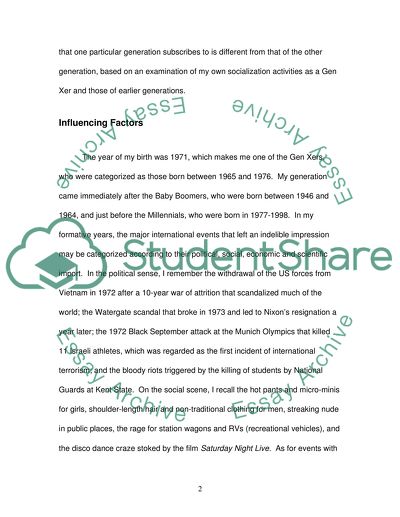Cite this document
(Why Different Generations Subscribe to Different Values and Norms Coursework Example | Topics and Well Written Essays - 1250 words, n.d.)
Why Different Generations Subscribe to Different Values and Norms Coursework Example | Topics and Well Written Essays - 1250 words. https://studentshare.org/sociology/1505671-socialization-of-generation
Why Different Generations Subscribe to Different Values and Norms Coursework Example | Topics and Well Written Essays - 1250 words. https://studentshare.org/sociology/1505671-socialization-of-generation
(Why Different Generations Subscribe to Different Values and Norms Coursework Example | Topics and Well Written Essays - 1250 Words)
Why Different Generations Subscribe to Different Values and Norms Coursework Example | Topics and Well Written Essays - 1250 Words. https://studentshare.org/sociology/1505671-socialization-of-generation.
Why Different Generations Subscribe to Different Values and Norms Coursework Example | Topics and Well Written Essays - 1250 Words. https://studentshare.org/sociology/1505671-socialization-of-generation.
“Why Different Generations Subscribe to Different Values and Norms Coursework Example | Topics and Well Written Essays - 1250 Words”. https://studentshare.org/sociology/1505671-socialization-of-generation.


